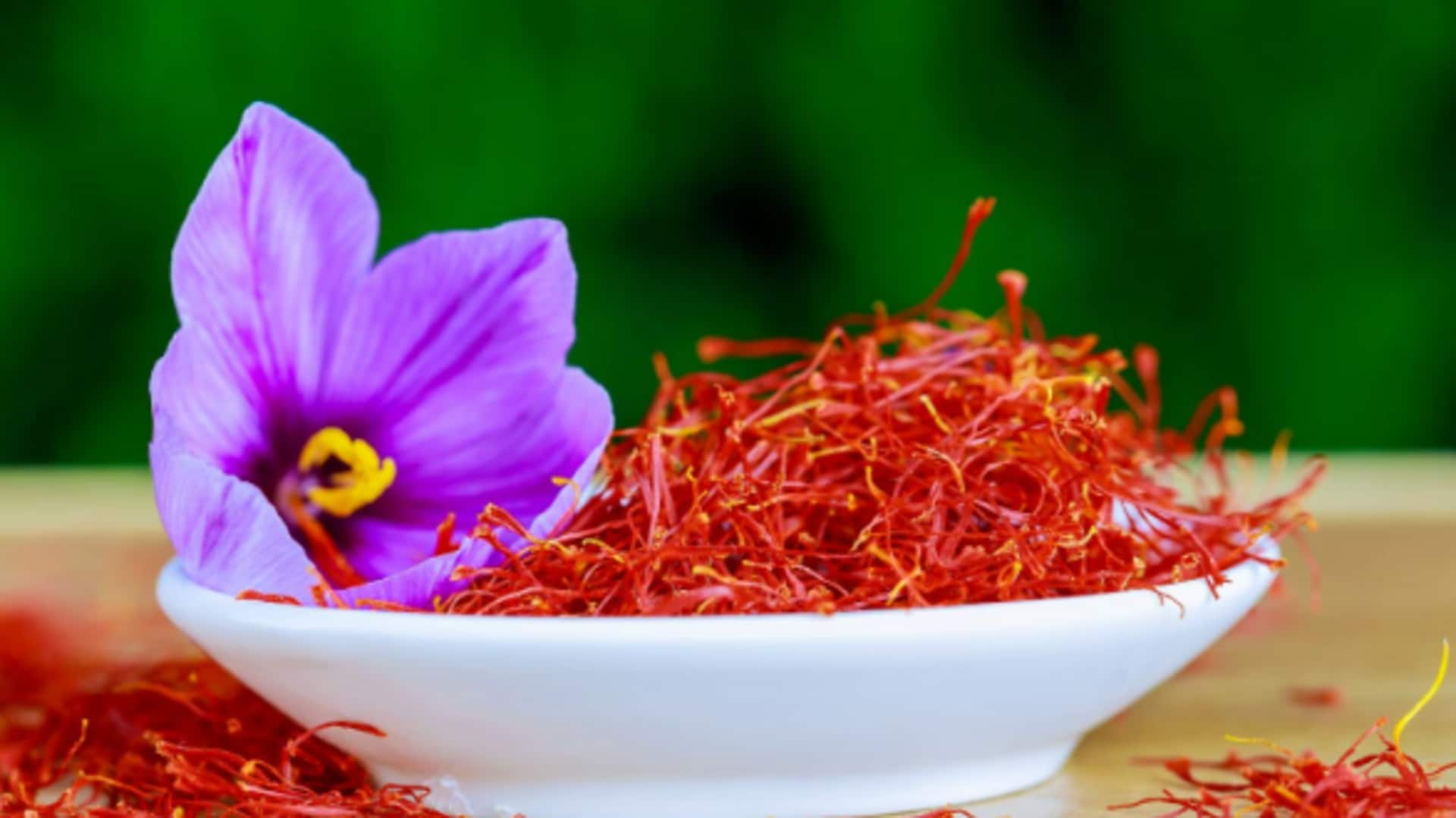Mumbai: Earlier this month, between August 5 and 10, Austria’s capital hosted the second Vienna International Music Competition for Solo Instruments, Voice and Chamber Music. With participants from over 21 countries, four Indians have won awards. In the 10-14 years Solo Voice category, 12-year-old Ira Shinde and 11-year-old Vanshi Mudaliar earned silver medals and 12-year-old Alabhya Kamble won the bronze.
And 16-year-old Pratibha Vinayak Kadu won the bronze in the 15-19 years Solo Voice category. All the participants are training at the Rahel O Veena Music Academy under Rahel Shekatkar. “Seeing the Indian flag up there was an amazing feeling,” recalled Shekatkar.

The students had to audition by sending recordings of two Western classical pieces they’d prepared, and selected participants then went to Vienna. “It was the first proper competition I’ve participated in, and also the first time I’ve travelled internationally. It was very exciting,” said Shinde.
For the first three days, the competition offered an optional one-on-one masterclass with jury member Regina Renzowa Jürgens, where the young singers were given feedback about their vocals and taught about the nuances of breathwork and how it affects one’s voice. “She taught us new techniques to make the songs better and gave us tips that we can use in the long run,” explained Kamble. “One of the things she taught me was a breathing exercise where you relax your body and exhale forcefully five times.
That will help me relax and get back into the music.” The competition itself consisted of each participant performing two songs in front of a jury which, for the vocal category, comprised Jürgens, Oleg Poliansky, Nadiya Khaverko and Volker Zwetzschke. Of course the vocalists had to be technically proficient and in tune with the feel and mood of the song they were performing.
“But during a performance, there is the element of the audience,” said Kadu. “You want to connect with them and do justice to the song. When you’re performing on stage, it becomes a service to the audience.
You’re no longer doing it for yourself. You’re doing it for their enjoyment.” Fittingly, the song choices were deeply moving and beautiful pieces and also ones that suited their individual voice type.
For instance, Mudaliar performed Habanera by Georges Bizet and Lascia ch’io pianga by George Frideric Handel while Kamble performed Mattinata and O mio babbino caro. “I was nervous, but more excited because I’d prepared for so long,” said Kamble. “I was so ready it was like I was meant to be there at that point.
” The four vocalists were chosen by Shekatkar based on their skill and ability to practise. “Choosing the students who would compete was difficult. But these four were ready, open to a challenge,” she said.
“All of them have already been training for several years now.” Mudaliar started learning rock and pop at the age of four and has been training with Shekatkar since the age of seven. “When I sing, I’m transported to a different world.
No matter what happens in the world, singing is my happy place,” she said. Kamble also started with rock and pop and has been learning singing since the age of seven. Kadu started straight with Western classical vocals and has been training with Shekatkar since she was 11 while Shinde has been Shekatkar’s student for five years now.
Preparations for the competition started about six months in advance and included not just two to three hours of singing a day but also doing extensive breathing exercises and avoiding cold and oily foods. “Practice didn’t just include the warm-ups and singing but also required sitting down with the sheet music, learning the lyrics, understanding the meaning of each word and fully getting into the character of each person in the song,” explained Kadu. In their efforts, the girls were guided by their teacher, who simply explained her motto, one that she teaches her students too, with the words: “Music is not a hobby.
It’s a lifestyle.” A vocalist and multi-instrumentalist, Shekatkar teaches not just singing but also the violin, guitar, drums, piano and keyboard. The 27-year-old started her music academy when she was 13 and has been sharing her expertise ever since.
Having been a part of this world for around two decades now, she explains that while there’s a thriving community of Western classical music in India, it can be hard to find for a newcomer. “We don’t market that much, it’s like a secluded community,” she said. “But if you look hard enough, there will be opportunities.
” Shekatkar said that India was getting a lot of attention from the international Western classical world, and predicted a steady growth of the community with new opportunities and training over the next decade. “Kids start training as early as four years old,” she remarked. Shekhatkar’s main task is to keep her students engaged in classical music when other genres like pop and jazz are vying for their attention.
Given her students’ enthusiasm for the genre, she’s succeeding thus far. “It’s just how fun it is,” said Kamble about her love for Western classical. “All the songs that you get to sing are really hard but you can have a deep connection because of the emotions in them.
” “Even if you don’t want to become a musician, [it’s worth remembering that] music heals,” said Shekatkar. “I have seen music bring people out of some very dark places.”.



















